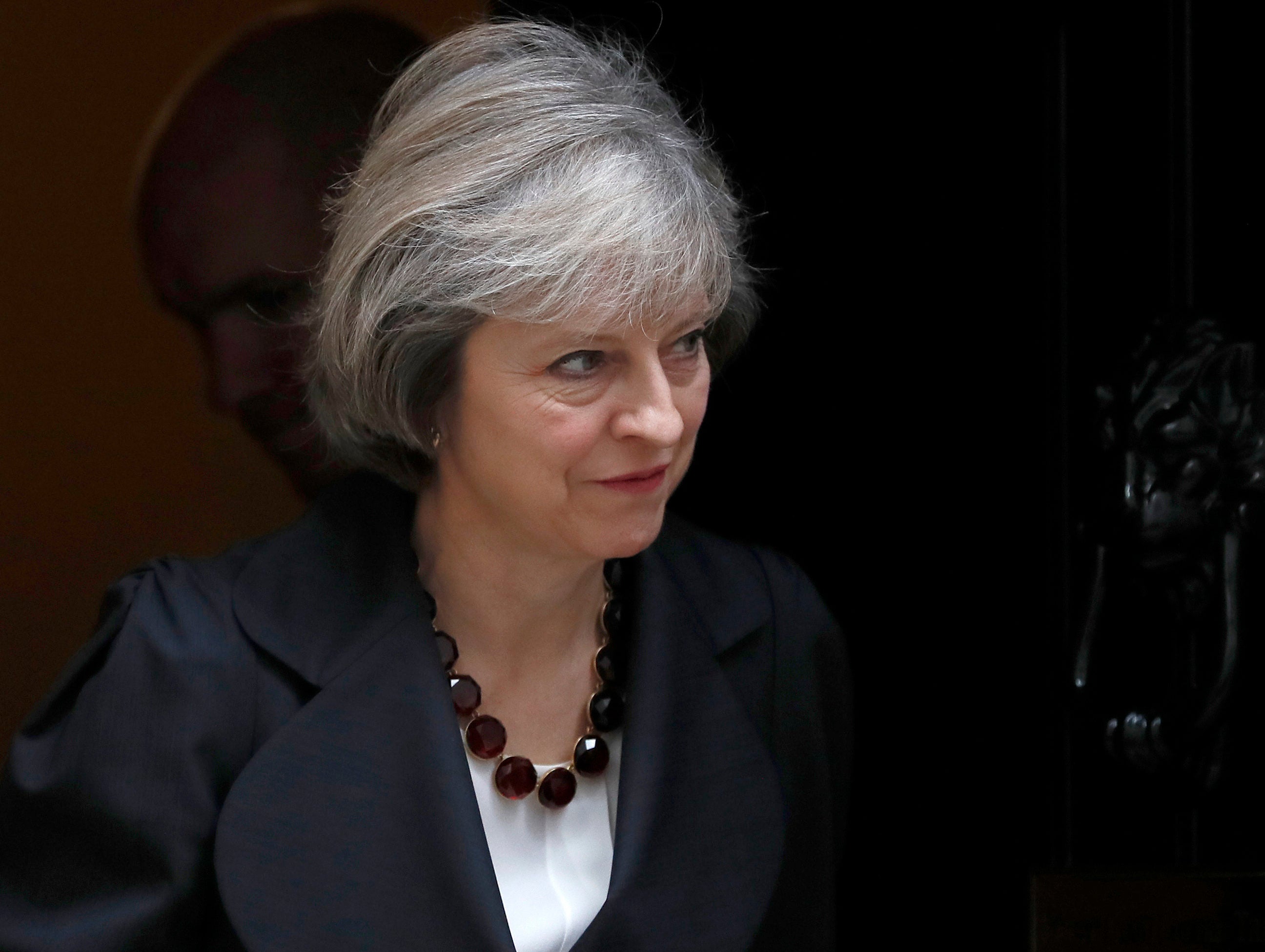
Set beside crisis in the NHS, Brexit, tackling immigration and the foreign policy challenges of dealing with Donald Trump – press regulation will be fairly low down the list of priorities for Prime Minister Theresa May.
The same can be said for the general public.
But this is an issue which will not go away. What has been done cannot be easily undone.
The Crime and Courts Act was passed by a near unanimous vote of Parliament in 2013. Section 40 of the Act, which imposes tough sanctions on publishers who refuse to sign up to a Royal Charter-backed press regulator, remains on the statute book.
After a powerful campaign by the press, and equally powerful arguments from nearly every newspaper publisher in the land, May could feel justified in repealing Section 40 altogether in the wake of her Government’s consultation.
But with a Parliamentary majority of just 14 (largely the same Parliament which passed it in the first place) she may find that impossible to do.
The House of Lords has also indicated that it may keep adding Section 40 compliance to other pieces of legislation until something is done.
There will also be reluctance in Parliament to simply ignore the Royal Charter it supported and the £1m-a-year state-backed Press Recognition Panel which has been set up to enforce it.
The Royal Charter itself can’t be amended without a two-thirds majority of Parliament. Putting objections of principle to one side, the fact that it insists on libel and privacy arbitration which is free for claimants makes it unacceptable for many publishers.
My hunch is that May will try to pass an amended version of Section 40, which provides benefits for members of Royal Charter-backed regulators such as Impress (protecting them from exemplary damages and costs in libel and privacy actions) but no punishment for those who refuse to sign up.
In some ways this would be preferable to keeping Section 40 indefinitely on ice, because some future Government could easily choose to enact it. And while it remains sitting on the shelf it means the Government can use the threat of it to bully publishers.
Additionally, it is worth noting that the Impress arbitration scheme is so generous to claimants (with publishers picking up nearly all the costs) that it is difficult to see how any judge could award costs against someone who had offered it to a libel or privacy claimant.
This will lead to the rather odd situation where the entire state-sanctioned system of press regulation, Impress and the Press Recognition Panel, is indefinitely funded by one rich individual with a grudge against the tabloids (Max Mosley). It is far from ideal, but may be the only way through.
Meanwhile, IPSO has plenty of work to do. Public trust in journalism remains abysmally low. Its own arbitration scheme is a non-starter, expensive for claimants and optional for publishers. And it will struggle to prove its credibility until it has finally launched a standards investigation.
But it has to do these things of its own volition, with the support of publishers, because it is the right thing to do and because a trusted journalism industry will be successful one. Not because it is being bullied by Parliament.
Email pged@pressgazette.co.uk to point out mistakes, provide story tips or send in a letter for publication on our "Letters Page" blog
